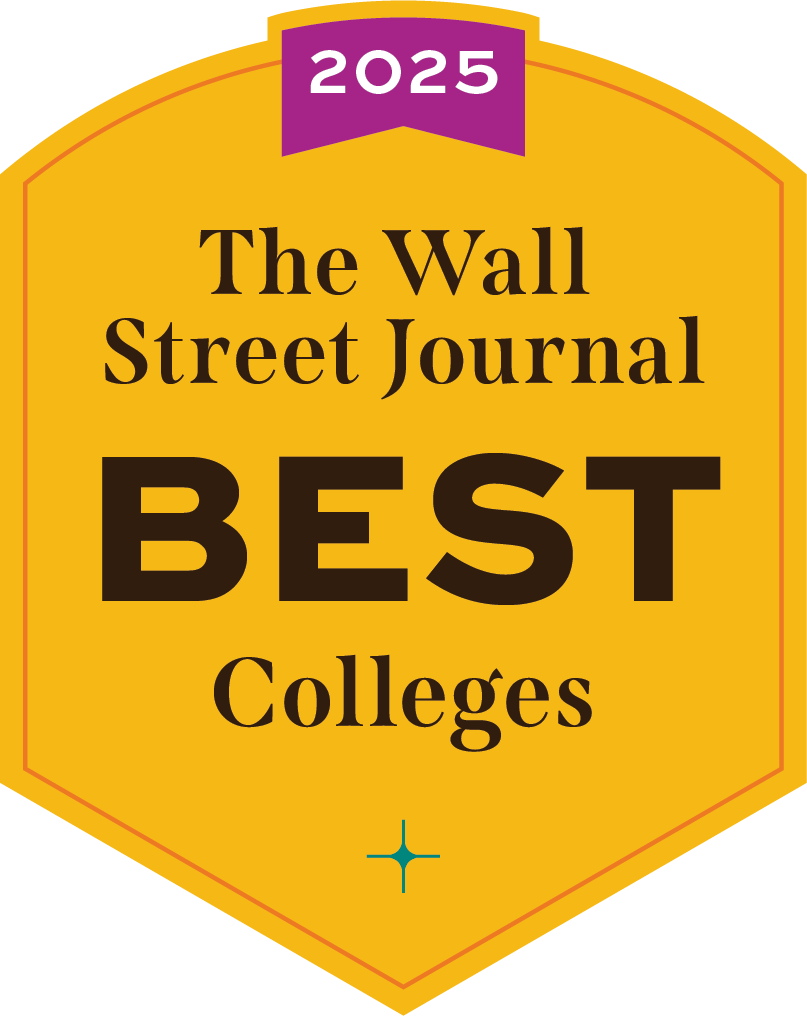A Flexible, Hands-On Post-Professional DrOT Program Taught by Industry Experts
Give back to your profession with a post-professional doctor of occupational therapy (DrOT). Enhance your scholarship, grow your knowledge, and prepare the next generation of occupational therapists.


Take the First Step Toward Your Post-Professional Doctor of Occupational Therapy
Program Overview
A post-professional doctor of occupational therapy (DrOT) enhances your ability to lead, innovate, and elevate the field of occupational therapy. Valparaiso University’s flexible, DrOT program is designed for practicing clinicians ready to deepen their expertise and expand their impact. Through advanced coursework and scholarly engagement, you’ll strengthen your clinical reasoning, research capabilities, and leadership skills. Whether you’re aiming to influence policy, educate future therapists, or lead change in clinical settings, our DrOT program empowers you to make meaningful contributions to the profession and the diverse communities you serve.
Designed for Working Professionals: 100% Online
Valpo’s online graduate healthcare programs are delivered in a flexible, fully online format that combines asynchronous learning with scheduled synchronous sessions. Students benefit from:
Program Length and Pricing
Excellence and Recognition
Accreditation
Accredited by the Higher
Learning Commission
The Wall Street Journal
Ranked a 2025
Best College
Forbes Recognition
Ranked a 2024
America’s Top College
Capstone Project
Advance your expertise through a required capstone project that integrates research, leadership, and advanced clinical practice in occupational therapy.
Doctor of Occupational Therapy Career Outlook
Doctor of Occupational Therapy Career Outlook
The career outlook for those pursuing advanced roles in occupational therapy is highly encouraging. This dynamic field continues to grow year-over-year with increasing demand for specialized skills.
According to the Bureau of Labor Statistics, employment of occupational therapists is projected to grow by 11% from 2023 to 2033 — significantly faster than the national average of 3% for all occupations.
Career Growth Statistics
Comprehensive Career Support
Comprehensive Career Support
Careers with a Post-Professional
Doctor of Occupational Therapy
Careers with a Post-Professional
Doctor of Occupational Therapy
Curriculum
Curriculum
At Valparaiso University, our post-professional doctor of occupational therapy (DrOT) offers a comprehensive and advanced exploration of the field, designed for experienced practitioners seeking to elevate their practice and impact.
Our coursework fosters scholarly growth and leadership development, preparing you to drive change and contribute to the future of occupational therapy. You’ll engage in critical topics such as:
Course Requirements
Total DrOT Requirements (30 Credits)
Admission
Admission Requirements
Tuition and Financial Aid
Frequently Asked Questions
Frequently Asked Questions


